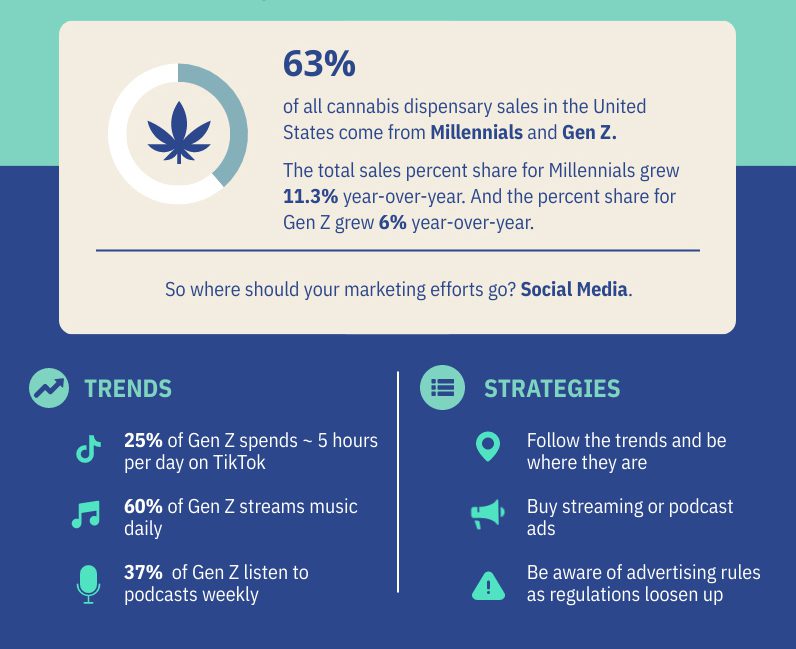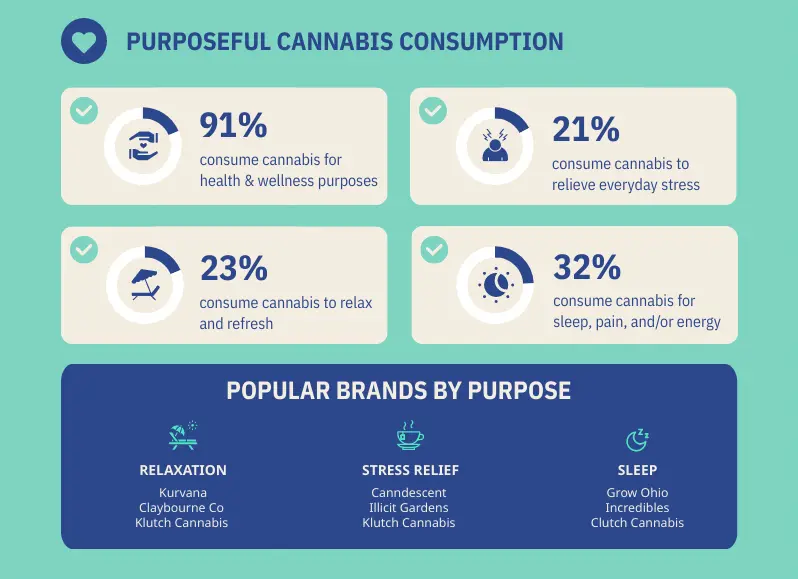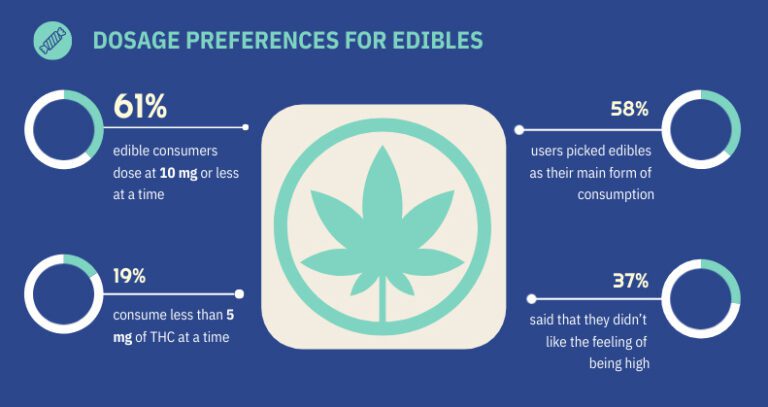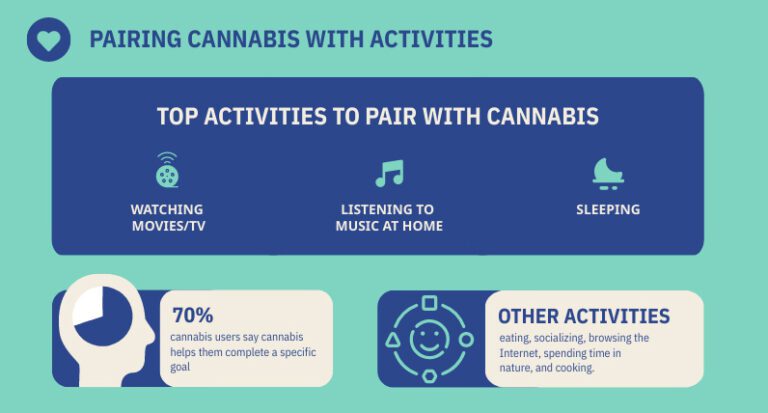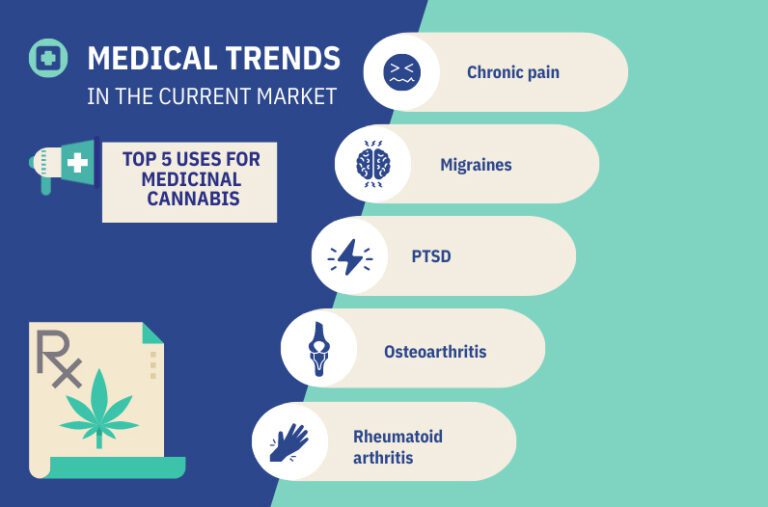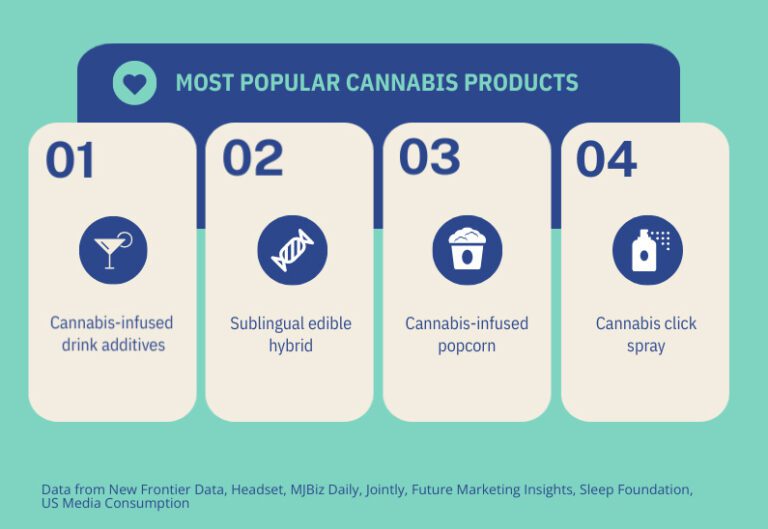Cannabis Consumer Trends and Dispensary Data
As the cannabis industry continues to grow, it is important for dispensaries and brands to stay up-to-date on the latest consumer trends. Understanding what your customers want and how they prefer to consume cannabis can help you stay ahead of the curve. According to a recent YouGov poll, 52% of American adults have tried cannabis, demonstrating a significant market. Additionally, cannabis sales are projected to exceed $100 billion according to MJBizDaily’s FactBook. Despite challenges faced by the industry, the demand for cannabis remains strong.
To help you make informed decisions and shape your marketing strategies, we have compiled the latest data on cannabis consumer trends. These insights can assist you in targeting the right audience and optimizing your campaigns for success. Utilizing this information will allow you to navigate the ever-evolving cannabis market more effectively.
Millennials and Gen Z Drive Legal Cannabis Sales
Millennials and Gen Z are the primary consumers in the legal cannabis market. According to Headset, these two generations account for 63% of all cannabis dispensary sales in the United States. Furthermore, the market share for Millennials has grown by 11.3% year-over-year, and Gen Z has seen a 6% increase in market share. However, it is important to note that Millennials and Gen Z spend slightly less per purchase compared to older generations. On average, Millennials and Gen Z spend about $55 per cart, while Gen X and Baby Boomers spend over $60.
To effectively target Millennials and Gen Z, it is crucial to understand their preferred platforms and behaviors. Gen Z, in particular, is highly active on social media, with a significant presence on TikTok. Approximately 25% of Gen Z spends about five hours per day on TikTok. Additionally, 60% of Gen Z streams music daily, and 37% listen to podcasts weekly, suggesting opportunities for advertising through these channels. However, it is important to consider state-specific advertising regulations as the cannabis market continues to evolve and regulations are adjusted.
Purposeful Cannabis Consumption
Contrary to stereotypes, the majority of cannabis users consume cannabis for health and wellness purposes. According to a Jointly study, 91% of cannabis users over the age of 21 use cannabis for health and wellness reasons. This purposeful consumption demonstrates a shift away from the “lazy stoner” stereotype. The study also found that 23% of cannabis users consume marijuana to relax and refresh, while 21% use it for stress relief. Additionally, 32% use cannabis for specific purposes such as improving sleep, managing everyday pain, or boosting energy. Brands that position their products as facilitating purposeful cannabis consumption are likely to resonate with consumers.
To effectively market purposeful cannabis consumption, it is essential to understand the specific needs and preferences of your target audience. Segmenting your audience and aligning dosage preferences, product offerings, and marketing messages can help create a more personalized and engaging experience for consumers.
Cannabis Dosage Preferences for Edibles
When it comes to cannabis edibles, most consumers prefer lower doses. According to a recent report by New Frontier Data, 61% of consumers who are aware of the dosage information consume 10 mg or less of THC per serving. Additionally, 19% consume less than 5 mg of THC per serving. This indicates that many consumers prefer a more controlled and mild experience when consuming edibles. It is important to recognize that individual tolerance levels vary, and some individuals may require higher doses to achieve desired effects. However, it is clear that there is a demand for low-dose cannabis edibles in the market.
Marketing low-dose cannabis edibles can be particularly effective for attracting canna-curious consumers or those who have had negative experiences with higher doses. By providing options that cater to different dosage preferences, dispensaries can engage and convert a wider range of consumers.
Pairing Cannabis with Activities
Understanding the activities that people engage in while consuming cannabis provides valuable insights for marketing strategies. According to a study by New Frontier Data, the top three activities that people pair with cannabis are watching movies/TV, listening to music at home, and sleeping. Furthermore, 70% of cannabis users claim that cannabis helps them achieve specific goals. Other popular activities include eating, socializing, browsing the internet, spending time in nature, and cooking.
When targeting your audience, it is important to consider their reasons for cannabis use. The primary reasons include relaxation, pain management, and anxiety reduction. There is a correlation between activities and reasons for cannabis use. For example, cannabis can help individuals relax during social events, and it can aid in achieving a good night’s rest. Understanding these connections can help tailor your campaigns and resonate with different segments of your audience.
Medical Cannabis Trends in the Current Market
While the recreational cannabis market is thriving, it is crucial to consider the trends in the medical cannabis space as well. According to New Frontier Data, 75% of self-identified medical cannabis users report using cannabis to treat a medical condition diagnosed by a doctor. Interestingly, 53% of medical cannabis users also consume cannabis for recreational purposes. Recognizing this duality provides an opportunity to create targeted campaigns that cater to both medical and recreational consumers. For example, offering a product of the week that appeals to each segment can engage a broader audience. This approach leverages the psychology of choice by minimizing options and addressing both preferred uses.
The top five medical conditions most commonly treated with medical cannabis are chronic pain, migraines, PTSD, osteoarthritis, and rheumatoid arthritis. In addition to these conditions, cannabis is also used for symptoms such as lack of appetite, nightmares, and spasms or seizures. Understanding the specific needs of medical cannabis users can help tailor your products and marketing efforts to better meet their needs.
Popular Cannabis Products
When it comes to cannabis consumption, flower is the most popular form, with 60% of users preferring it. Edibles come in second at 21%, followed by vape pens (10%), topicals (3%), and tinctures/capsules (3%). While cannabis beverages are not currently among the most preferred products, they are gaining traction in the market. According to experts, the cannabis beverage market is expected to grow at a Compound Annual Growth Rate (CAGR) of 17% over the next decade.
There is also a growing interest among consumers in trying new cannabis products, with 44% expressing curiosity. The age group most eager to try new products is 18-34, reflecting the more adventurous nature of younger consumers. Some emerging products in the cannabis market include cannabis-infused drink additives, sublingual edibles, cannabis-infused popcorn, and cannabis click spray. Although cannabis drinks are not yet among the most popular products, they show potential for growth in the future, particularly as more consumers transition from alcohol to cannabis.
Understanding consumer preferences and market trends is key to success in the cannabis industry. By staying informed and adapting your strategies accordingly, you can better meet the needs of your target audience and differentiate your brand in the market.
FAQs
The most popular cannabis products are flower, edibles, vape pens, topicals, and tinctures/capsules.
61% of consumers prefer edibles with a dosage of 10 mg or less of THC per serving.
The top reasons for consuming cannabis are relaxation, pain management, and anxiety reduction.



